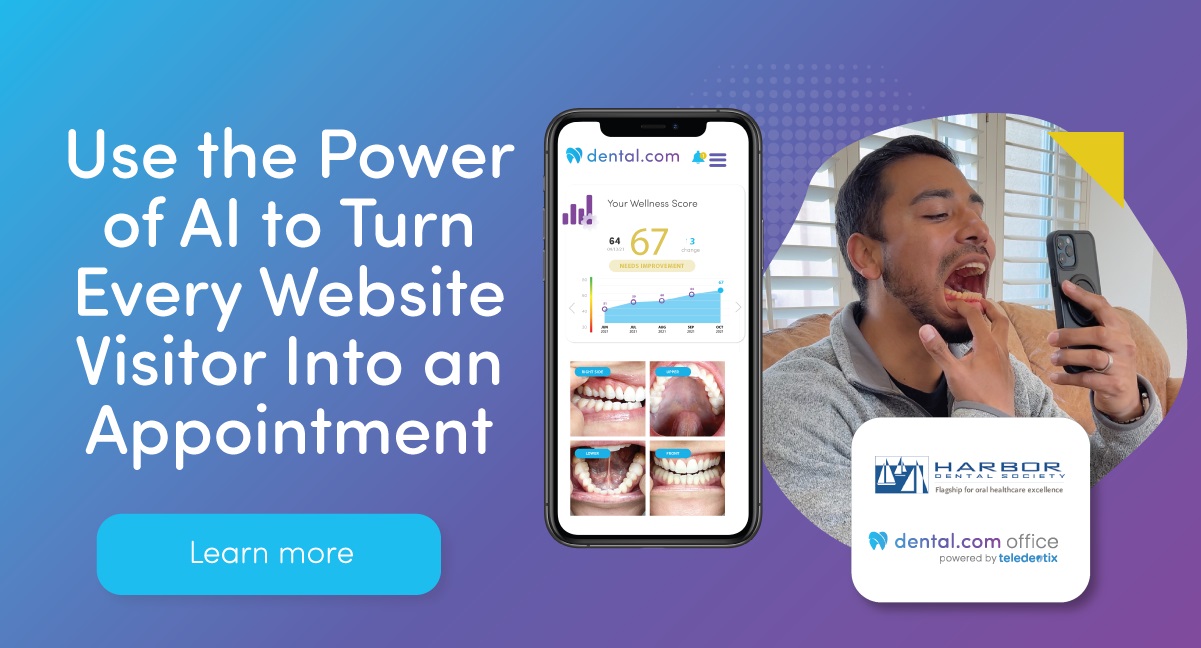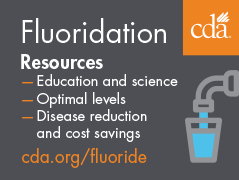Tuesday, Apr 8, 2025
Acuity Negotiations: Dental Dilemmas in Real Estate
The debate to buy versus lease often arises from the same question that motivates people to buy a residence: “Why am I not paying down a mortgage instead?”
The simple reality of what drives residential property values is very different from that which creates or eliminates value of owning commercial property. Consider that banks, being risk averse organizations, won't lend money for the purchase of commercial real estate with less than a 40% down payment as opposed to as little as 5% for residential purchases.
The main difference here is that commercial property, unlike residential property, is valued primarily on a capitalization rate of its rent-producing tenants. Despite a strong revenue stream on the buildings tenancy, other social, geographic, and infrastructure issues can greatly affect a commercial property such as:
· construction of new roadways
· changes in traffic patterns
· opening of new commercial developments that shift retail markets
· access restrictions or reduced visibility to the property, and changes in purchasing demographics
There are three typical property ownership scenarios that Dentists seem to purchase. They are:
· buying into the ownership group occupying space in the same building
· purchasing an office condominium, or
· purchasing a free-standing building and converting into a dental office
Buying into the ownership group of an office building can be very problematic because you probably won't be able to control your investment due to the split ownership. As a result, your ability to liquidate your ownership or even borrow against it will be much more difficult to accomplish. Ownership groups of medical buildings can also be fraught with politics of the tenants. (example - DDS becomes a minority owner of the building they are in and are denied dividends or even the right to sell because the other majority owners who happen to be Orthodontists felt that they did not receive enough referrals from the dentist over the years).
Purchasing a dental or medical office condominium is the riskiest because your ability to sell the property to anyone other than a dentist/doctor is unlikely. When you are ready to sell, the volume of your potential successors is lower compared to tenants looking to lease. The outcome is that your property could be at risk of devaluation.
Purchasing a free-standing building and converting into a health care practice is the least risky route. If you buy the building in the right location the ability to sell it to others unrelated to medicine or dentistry is much higher.
Standalone buildings also have much greater appeal to retailers and other businesses due to visibility and parking. If you're truly interested in purchasing revenue generating property you will probably do much better owning a residential apartment, duplex, triples etc. where you receive simultaneous benefit from revenue generation and property appreciation.
For more information contact Lewis Gelmon at lewis@acuityna.com








